
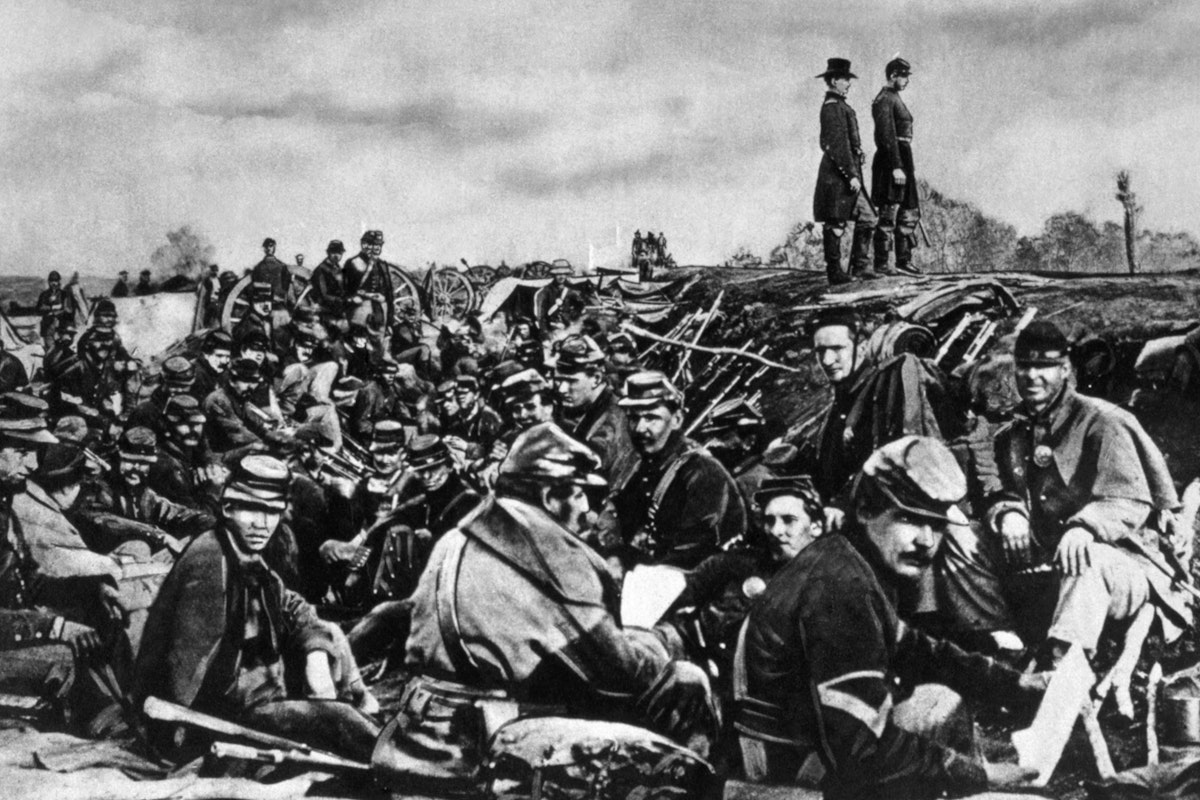
Welcome to yet another exciting journey through time with Trip To Japan. Today, we're peeling back the layers of the historic Russo-Japanese War, a monumental event that played a pivotal role in reshaping the political landscape of Asia and Europe.
As we delve into this intense period of conflict between the East and West, you'll uncover the surprising ties that link this revolutionary war to your next dream vacation. That's right, Japan!
So buckle up and prepare for an unforgettable journey through the pages of history because understanding the past is key to experiencing the richness of the present. Stay tuned, history buffs and travel enthusiasts, this is a ride you don't want to miss!
The Russo-Japanese War was the result of conflicting ambitions for power between Russia and Japan in East Asia.
The war had drastic consequences, leading to shifts in global power dynamics and highlighting military lessons that would shape future conflicts.
Japan emerged as a powerful force, gaining control over several territories while forcing Russia to cede its naval base at Port Arthur with the Treaty of Portsmouth.
The Russo-Japanese War erupted as a result of Russian expansionism in East Asia. That collided with Japan's emerging regional power and their shared interests in territories like Korea and Manchuria.
Both nations fiercely vied for dominance in the region, setting the stage for a volatile and explosive military conflict.
The ambitions of the Russian Empire in East Asia can be traced back to the reign of Emperor Alexander III (1881-1894), driven by the growing influence of Japanese forces in the region.
This expansionist agenda gained momentum with the construction of the Trans-Siberian Railway, ultimately playing a significant role in the Russo-Japanese War.
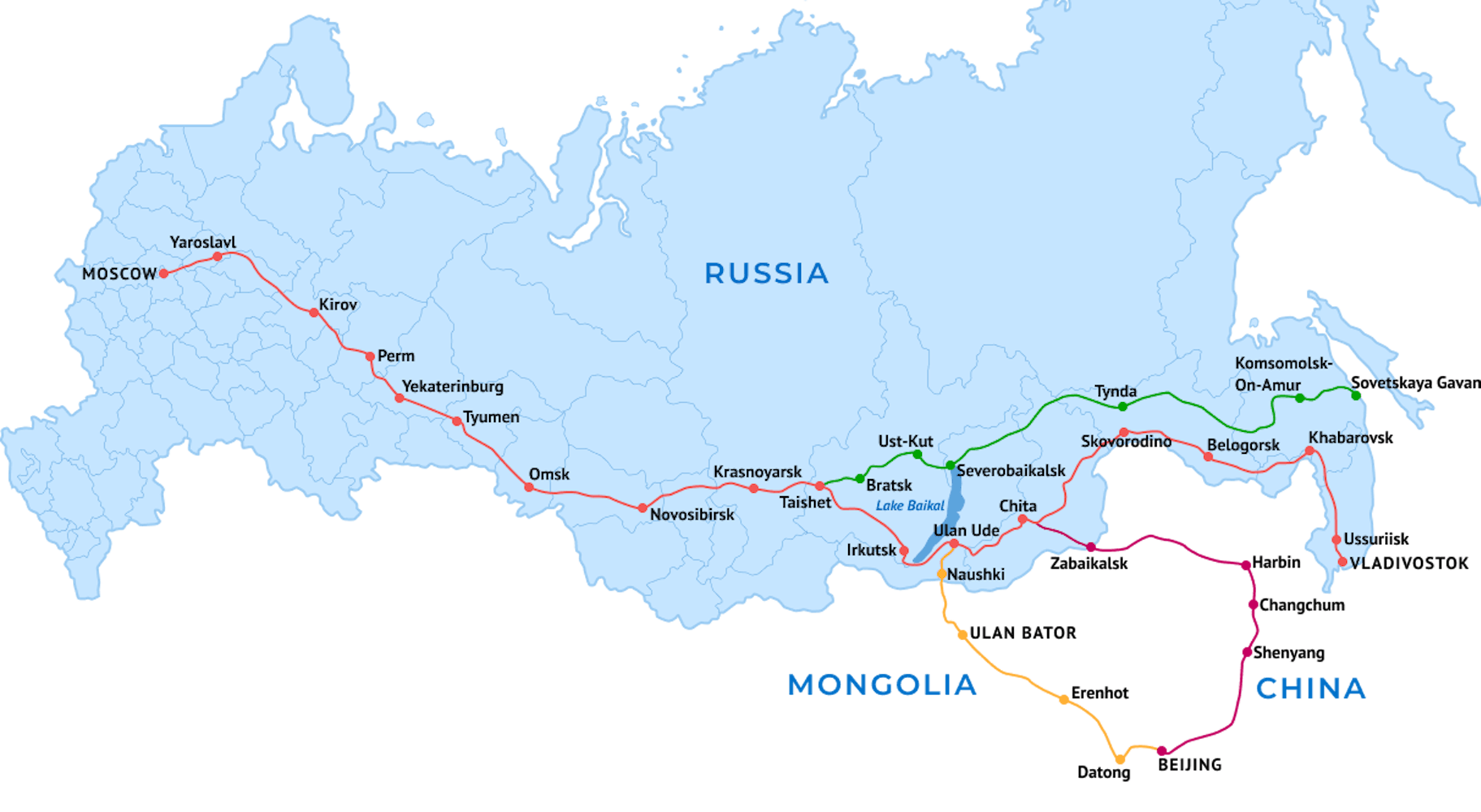
Very Quickly: The Trans-Siberian Railway, also known as the Great Siberian Route, has a captivating place in history. Affectionately called Transsib, this extensive railway connects European Russia with the enigmatic Russian Far East. Stretching over 9,289 kilometers (5,772 miles), it holds the title of the world's longest railway line.
Despite General Aleksey Kuropatkin concerns about the increasing capabilities of the Japanese forces, Russian leaders persistently pursued their expansionist goals in East Asia, ultimately leading to the abandonment of Kuropatkin's policy.
Unfortunately, this disregard for Japan's burgeoning military strength would prove to be a costly mistake for the Russian Empire.
Japan’s emergence as a significant power in East Asia is attributed to its speedy modernization, military expansion, and triumph over China in the Sino-Japanese War. These developments allowed Japan to challenge Russia’s interests in the region, particularly in Korea, which ultimately led to the Russo-Japanese War.
The Russo-Japanese War began in February 1904, when the Japanese Navy launched a surprise attack on Russian ships anchored at Port Arthur (currently known as Lüshunkou District). The conflict escalated quickly with Japan's forces advancing into Korea and Manchuria.
A bit about Port Arthur: Port Arthur was a naval base in Liaodong Province leased to Russia by the Qing dynasty of China in 1897 and was operational year-round.
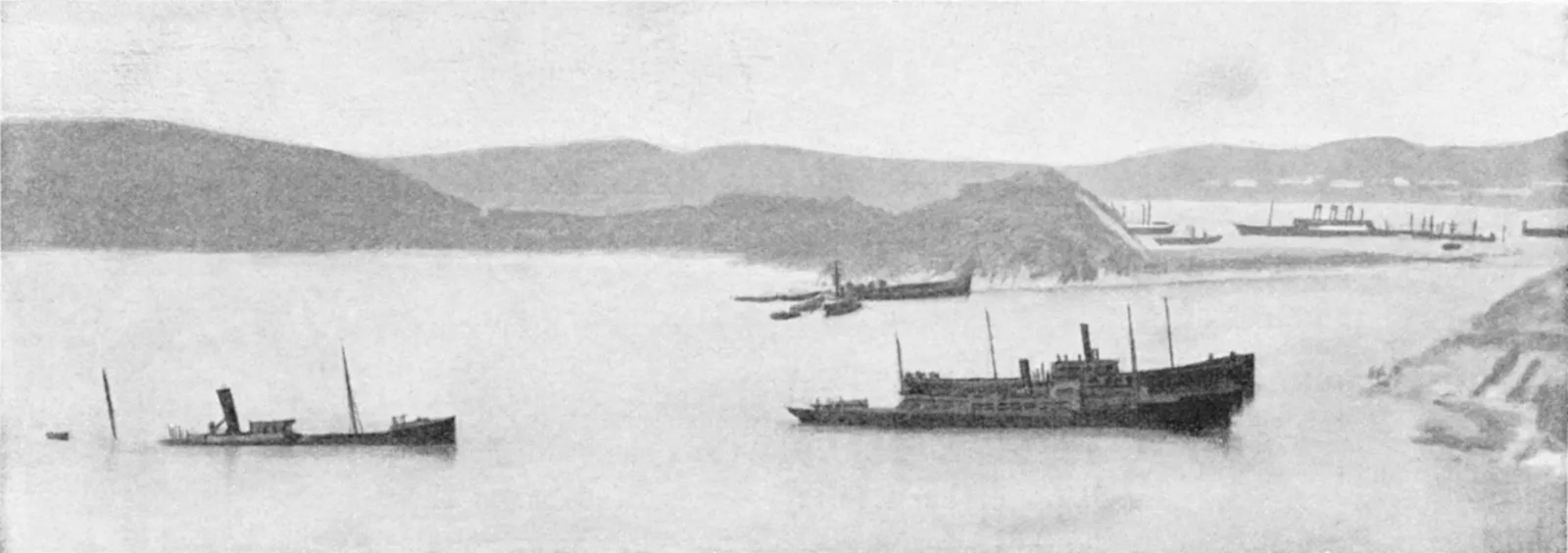
The Russo-Japanese War was a fierce conflict, with intense naval and land battles. It all came down to Japan's victory!
From the surprise attack on Port Arthur to the decisive Battle of Tsushima, Japan showed off its naval dominance and strategic prowess. They even gained control of Russia's Pacific fleet and garrison.
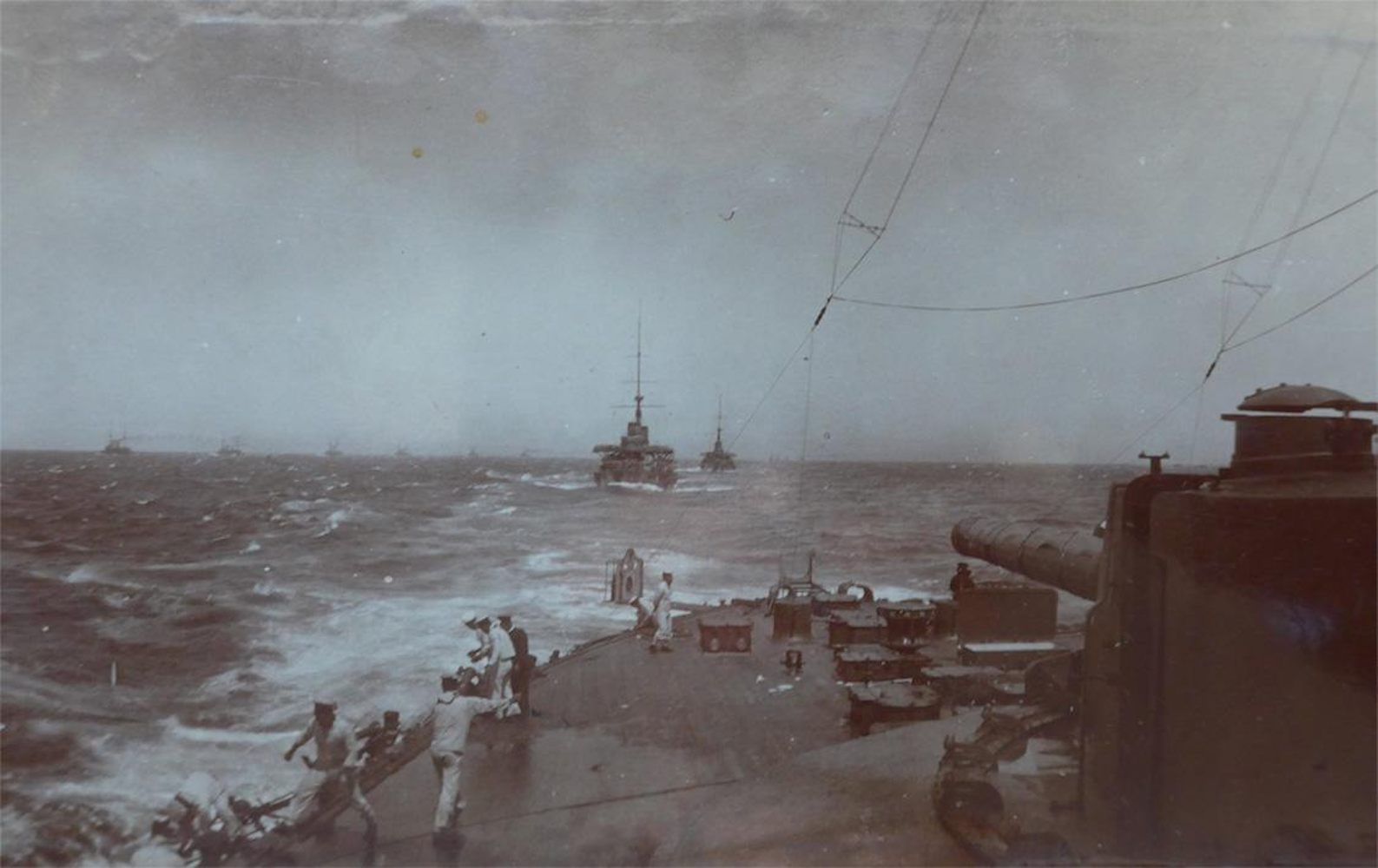
On land, battles like the Battle of Liaoyang, the seizure of Port Arthur, and the Battle of Mukden demonstrated the might and resilience of the Japanese forces. They ended up taking control of the Korean peninsula and forcing Russian retreats. These critical engagements really shaped the outcome of the war!
The surprise attack on Port Arthur, led by Admiral Togo Heihachiro, was a pivotal event that marked the start of the Russo-Japanese War's naval engagements.
At Port Arthur, the Japanese demonstrated their superiority by bombarding the harbor with intense artillery fire, effectively crippling the Russian fleet.
The Battle of Tsushima, often regarded as the final and most decisive naval engagement of the war, showcased Admiral Togo Heihachiro's leadership as he guided the Japanese fleet to a resounding victory.
This battle resulted in the sinking of two-thirds of the Russian fleet, the capture of six ships, and the retreat of others to neutral ports. The Battle of Tsushima firmly established Japan's naval dominance and secured their triumph in the war.
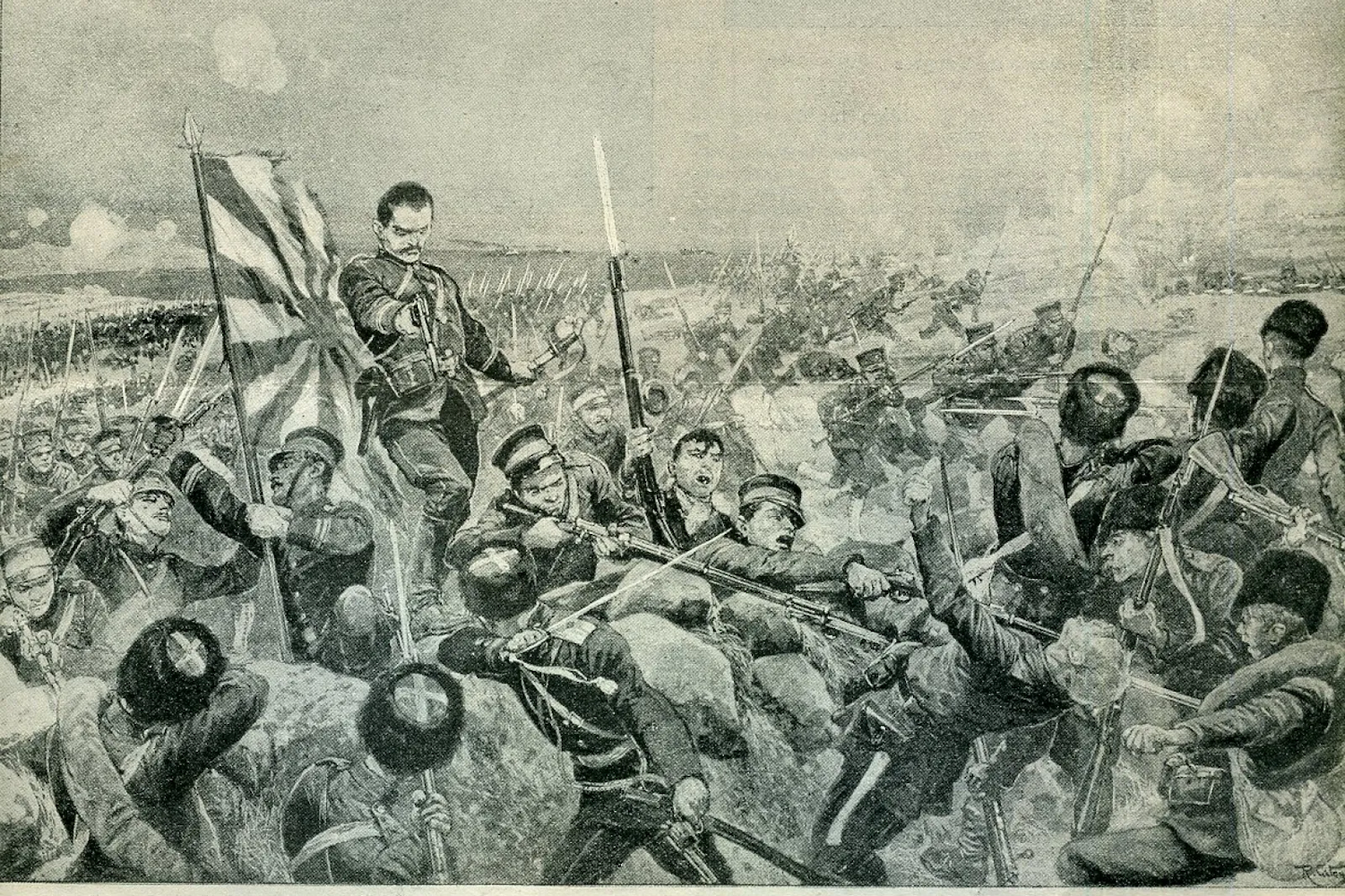
The major land battles of the Russo-Japanese War really highlighted the strength of the Japanese forces.
In the Battle of Liaoyang, the Japanese army held their ground against a much larger Russian army led by General Aleksei Nikolaevich Kuropatkin, although they did suffer more casualties.
And let's not forget the Battle of Mukden, one of the biggest land battles in history, where the Japanese troops successfully forced the Russians to retreat, inflicting significant losses. These victories really solidified Japan's position as a formidable power in East Asia.
The Russo-Japanese War came to an end with the historic Treaty of Portsmouth, brokered by none other than US President Theodore Roosevelt (pictured below). This game-changing agreement had major repercussions for both Russia and Japan, reshaping the balance of power in the East Asia region.
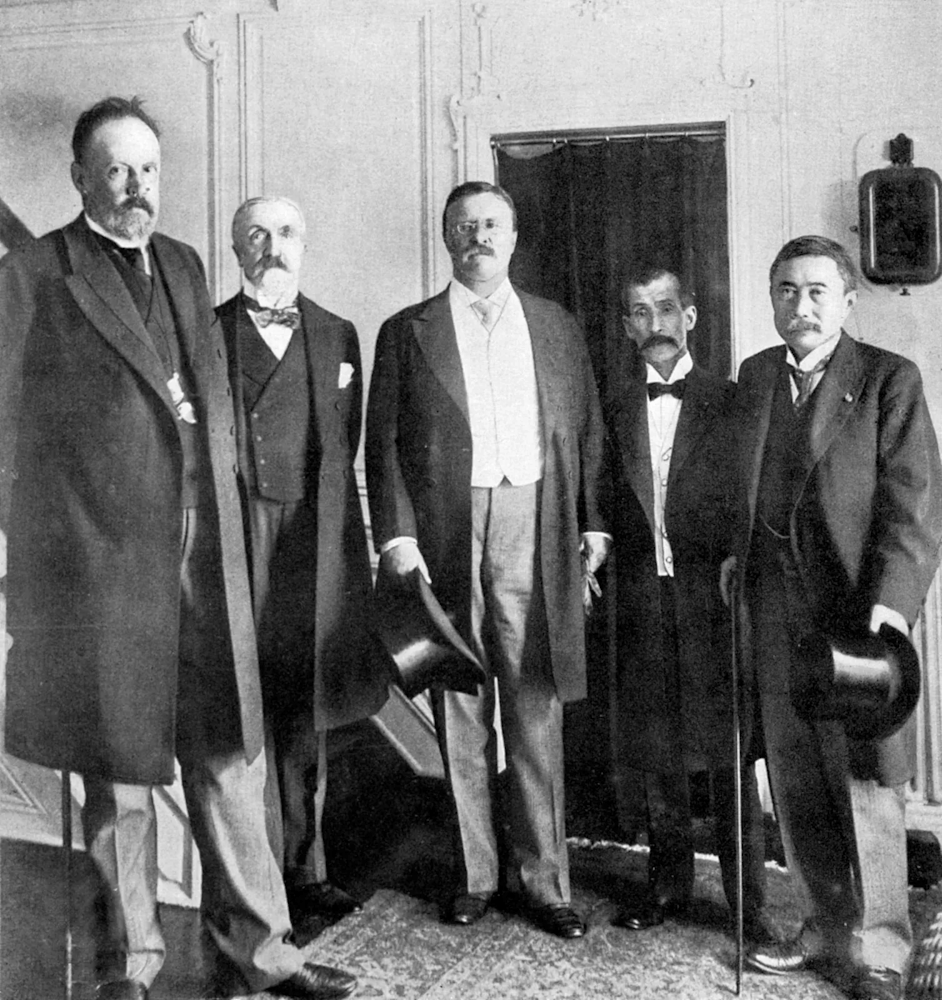
Under the terms of the treaty, Japan emerged as a dominant force, gaining control over crucial territories. Meanwhile, Russia suffered a significant setback to its imperial ambitions, losing influence in the region.
This monumental agreement not only brought an end to the war but also altered the global dynamics, with Japan rising as a major player in East Asia. The echoes of this historic event are still felt to this day.
As per the Treaty of Portsmouth:
Japan gained control over the Liaodong Peninsula, the South Manchurian Railway, and half of Sakhalin Island
Russia was left with the northern part of Sakhalin Island and excluded from Korea
The treaty also included provisions for the exchange of prisoners of war and war reparations.
These terms not only solidified Japan’s position as a major power in East Asia but also represented a significant setback for Russia, which was forced to cede its naval base in Port Arthur and relinquish control of key territories under Japanese control.
The Russo-Japanese War’s result had profound implications for both Russia and Japan. For Russia, the loss of key territories and influence in East Asia led to domestic unrest and military reform. The war’s outcome also played a role in the eventual overthrow of the Russian government in 1917.
Meanwhile, Japan experienced both economic strain and increased political power in the region as a result of the war.
The victory in the Russo-Japanese War bolstered the reputation of Japan’s militarist faction and solidified its status as an emergent power in East Asia.
The Russo-Japanese War significantly influenced global power dynamics and military strategy. The conflict set the stage for future wars and showcased the importance of naval power, modern technology, and effective leadership in determining the outcome of military engagements.
The war’s lasting effects can be seen in the significant shifts in international power dynamics, as well as the military innovations and lessons learned that would influence future conflicts such as World War I and World War II.
We highly recommend checking out our in-depth post about Japan's Role in WWII on Trip To Japan Blog.
The Russo-Japanese War had significant consequences, including:
Marking the initial victory of an Asian power over a European power
Demonstrating the emergence of Japan as a formidable force in East Asia
Altering the power dynamics in the region
Contributing to the eventual overthrow of the Russian government in 1917
This shift in power dynamics had far-reaching implications for international relations, as it underscored the vulnerability of established European powers and heralded the rise of new global players.
The Russo-Japanese War offered numerous military innovations and lessons, shaping tactics and strategies for future conflicts. The war illustrated the vital role of naval power in determining the outcome of conflicts and demonstrated the importance of modern technology in shaping military strategy.
Furthermore, the war emphasized the significance of effective leadership in guiding troops to victory, a lesson that would resonate throughout military history and influence the outcomes of subsequent conflicts such as World War I and II.
For history buffs and those interested in learning more about the Russo-Japanese War, there are several must-visit spots in Japan that offer a deeper understanding of this historic event.
Some popular destinations include:
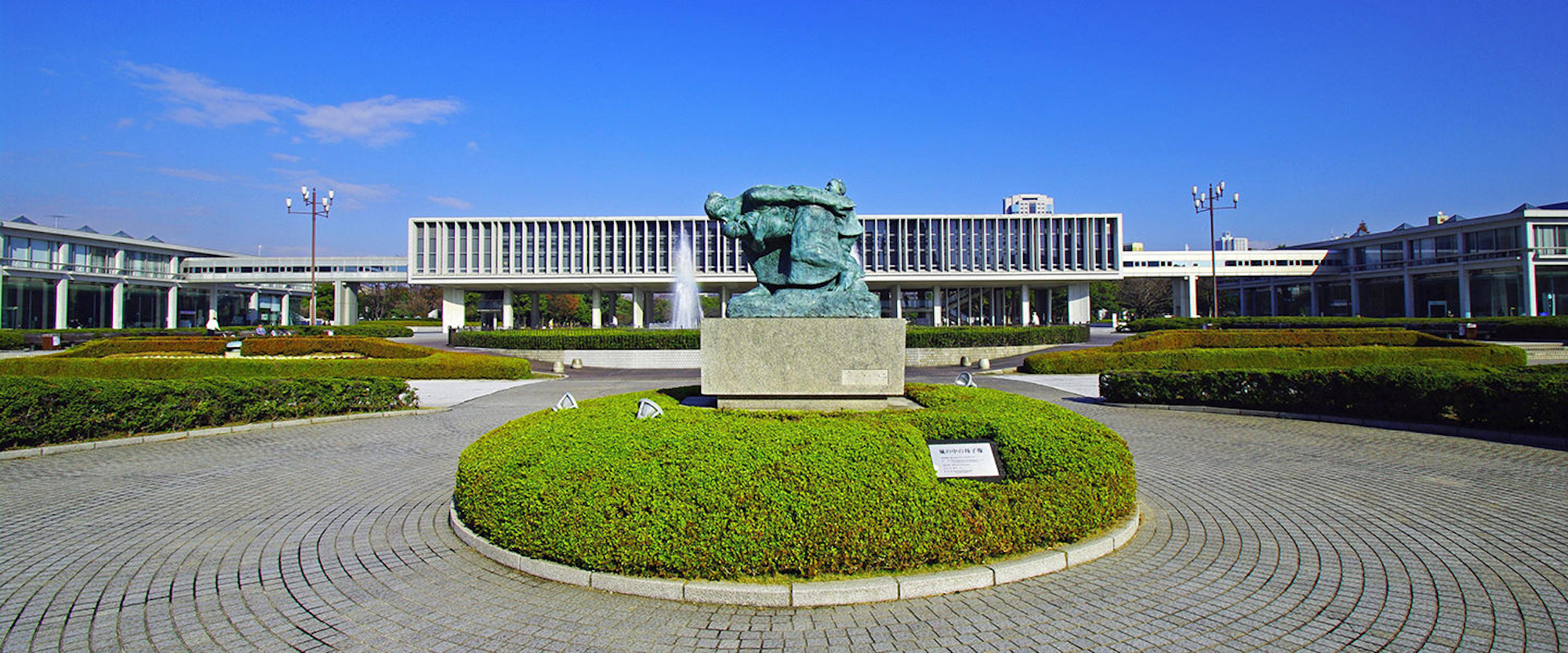
This museum showcases Japan's role in WWII, which was influenced by its victory in the Russo-Japanese War.

Visit Peace Memorial Museum with this tour.
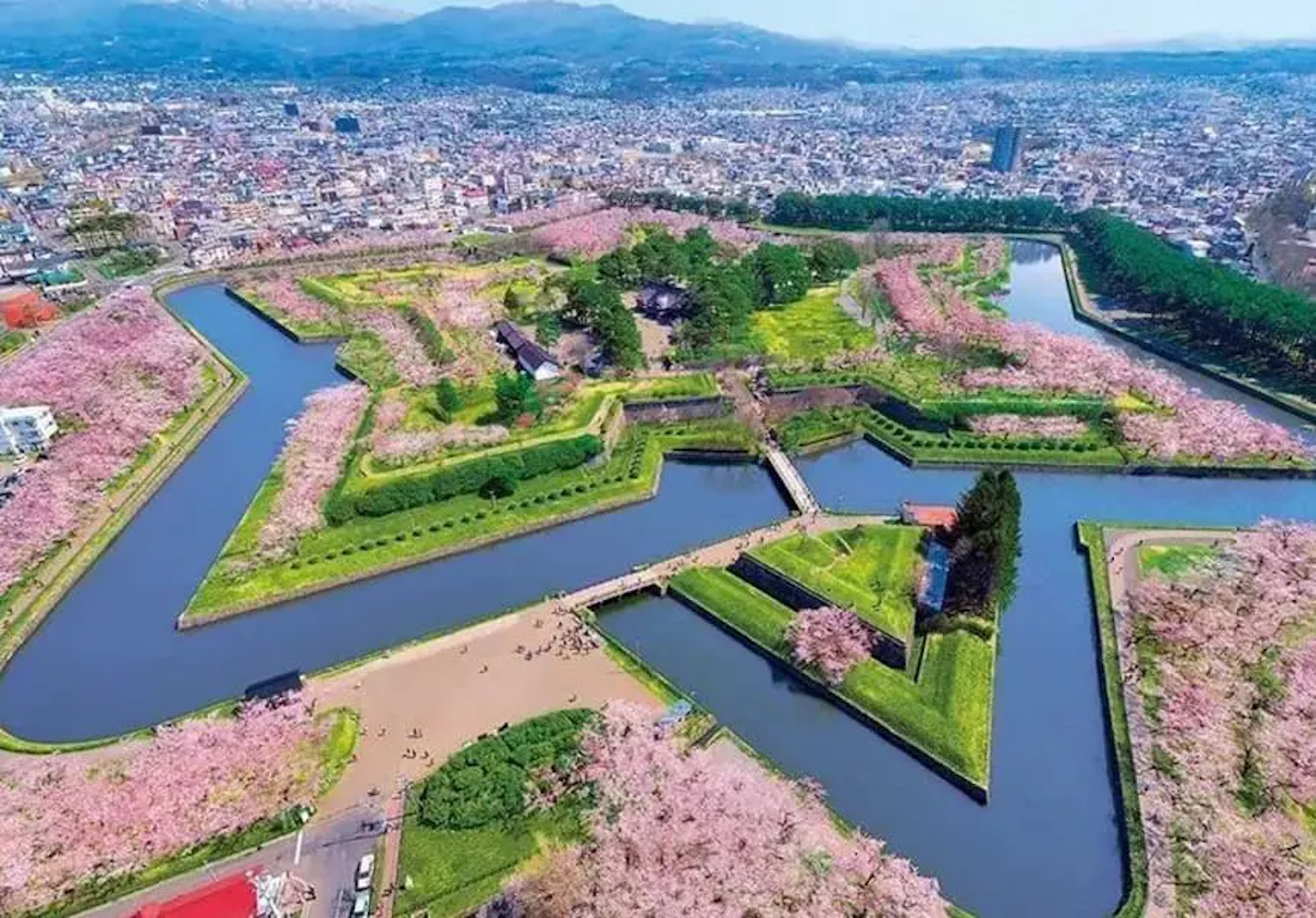
This star-shaped fort played a crucial role during the Siege of Hakodate, one of the final battles of the war. It is now a popular tourist destination.

Gaze at this star-shaped fort from Goryokaku Tower.
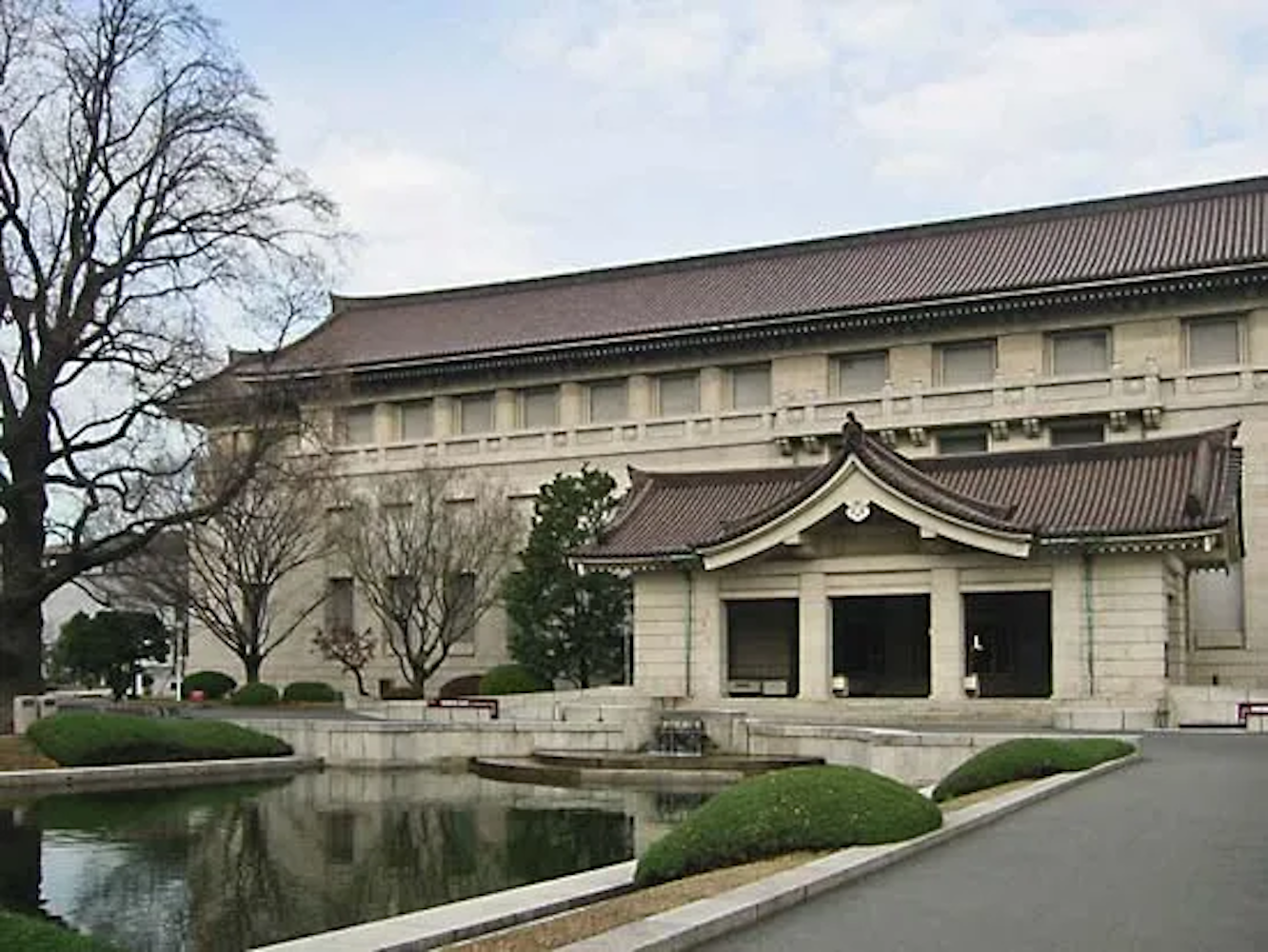
This museum houses an impressive collection of artifacts and documents related to the Russo-Japanese War.
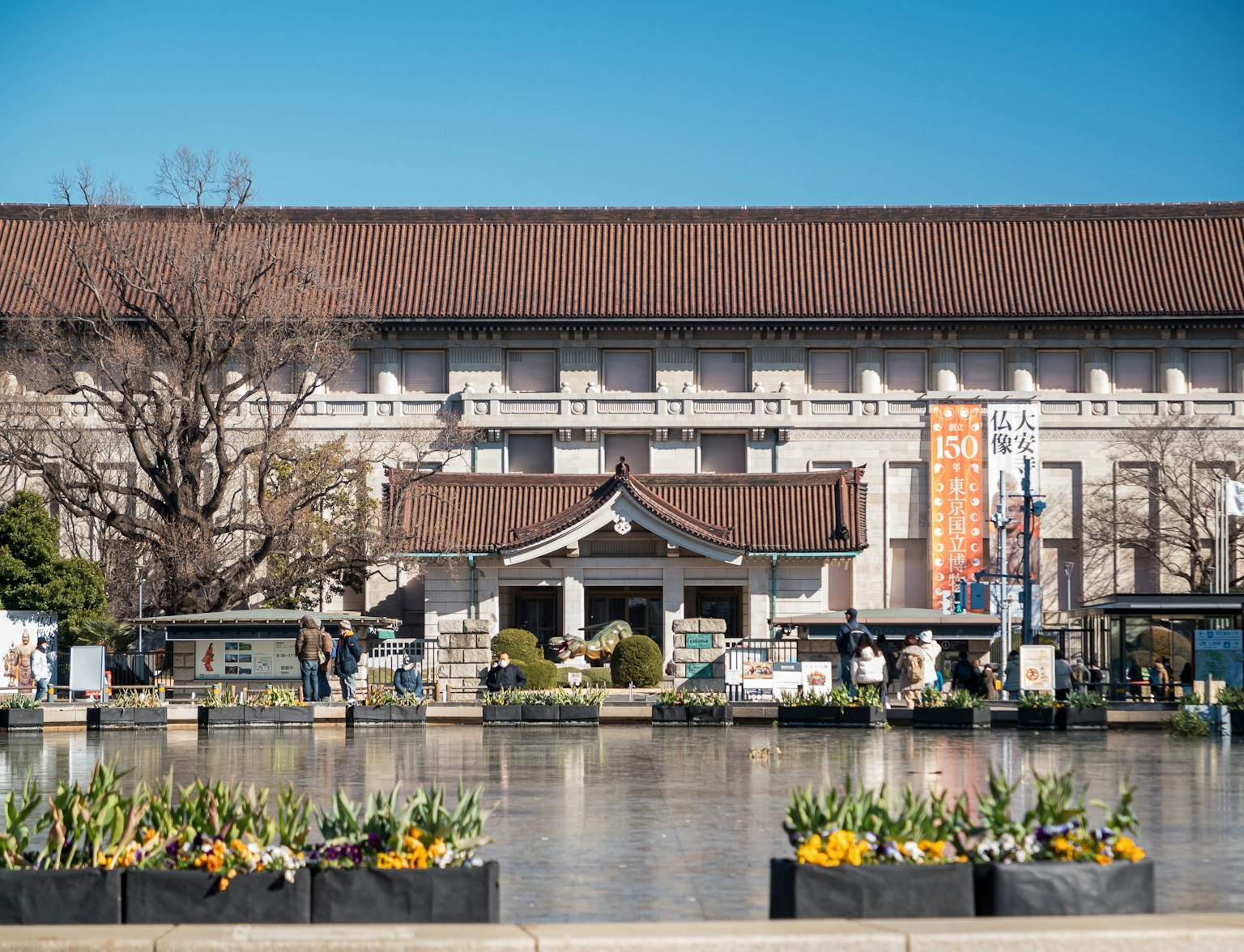
Head to Ueno Park for a brief tour of the Tokyo National Museum.
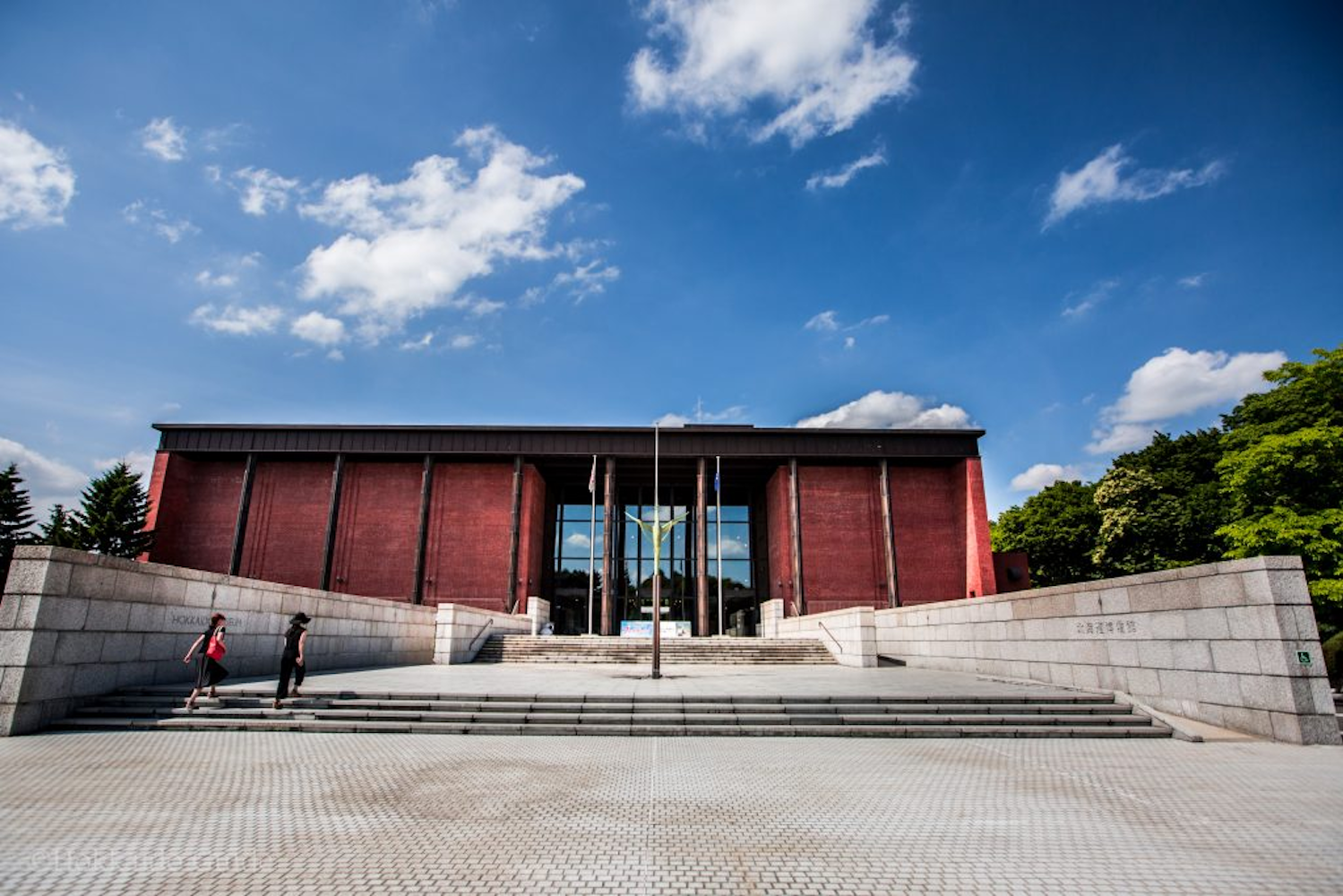
Located in Sapporo, this museum features exhibitions on the Russo-Japanese War and its impact on Japan's northernmost island.
The Russo-Japanese War, a monumental clash of titans, unfolds a captivating tale of ambition, military prowess, and the ever-shifting dynamics of global politics.
Delving into its origins, tracing its course, and uncovering its lasting legacy, we gain a profound understanding of the factors that shaped this historic conflict and its far-reaching impact on the world stage. Prepare to be enthralled by this captivating journey!
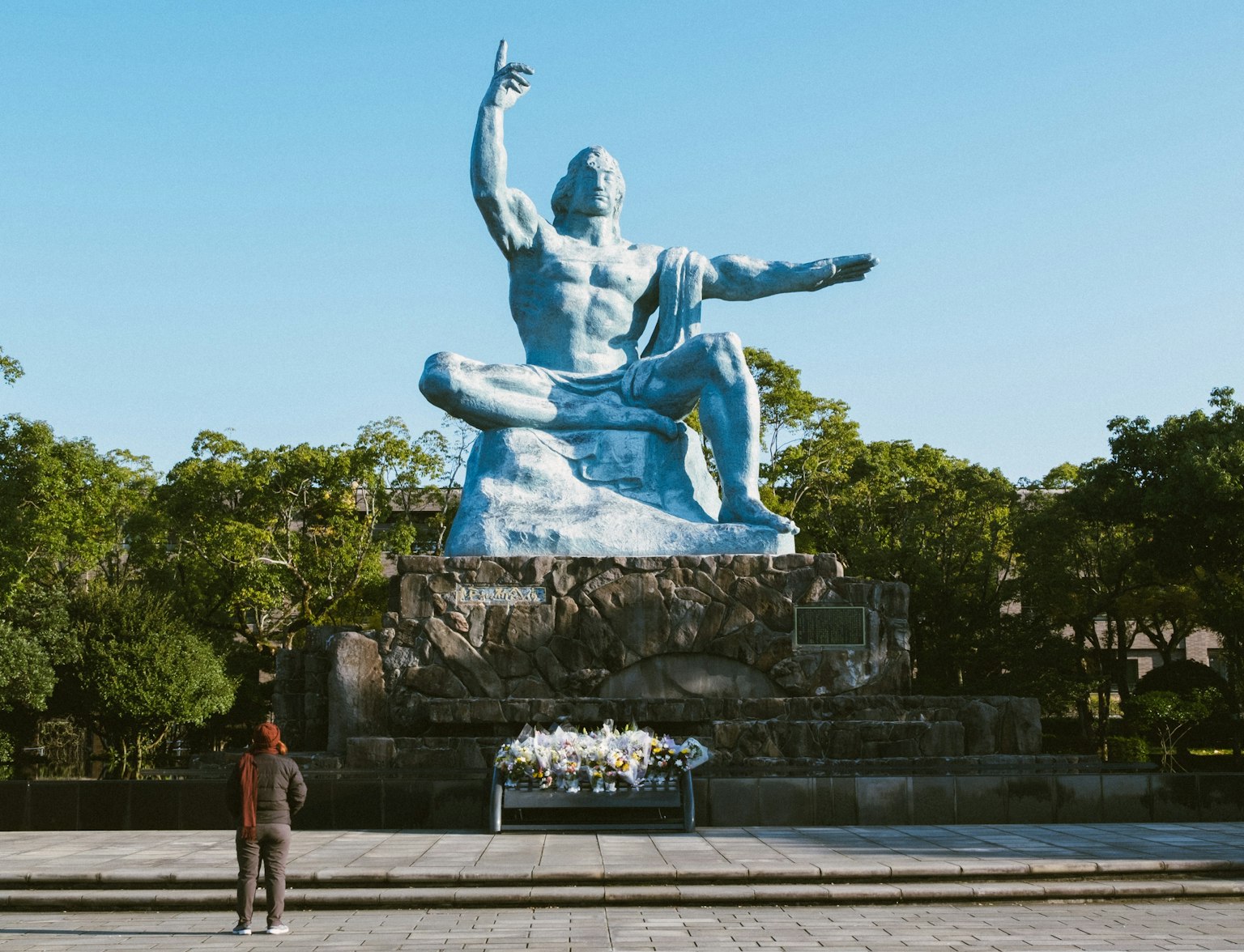
Explore more of Japan's history with this tour.



